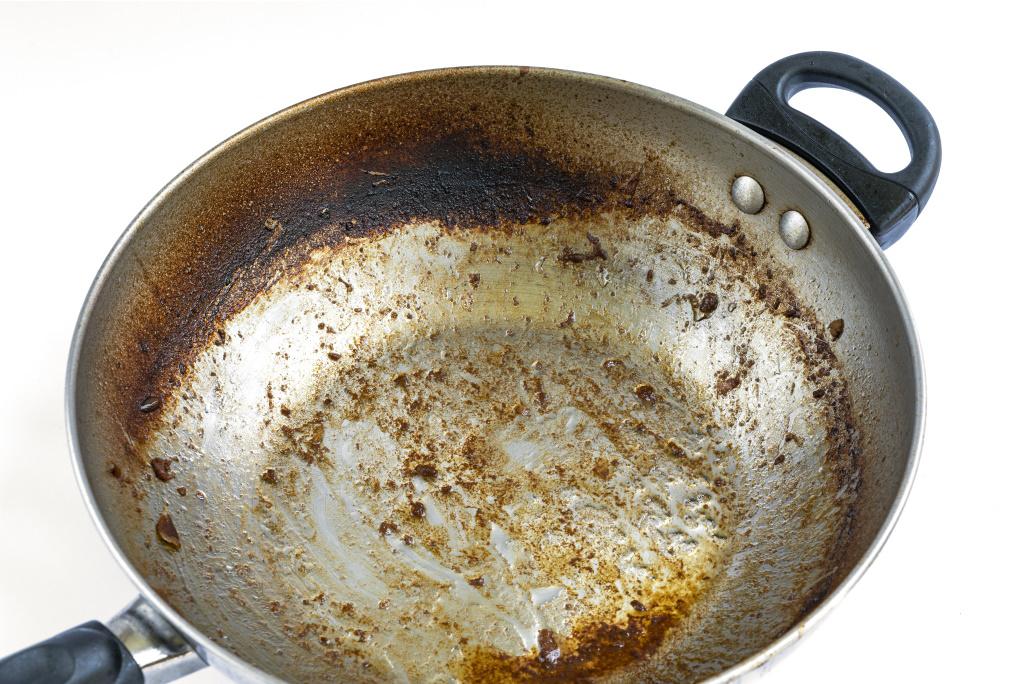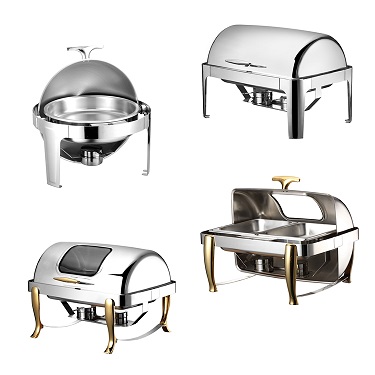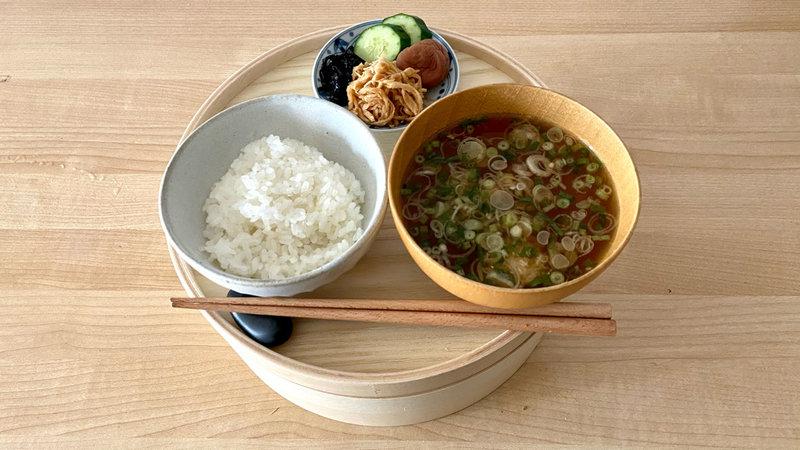How to remove "oil stains" on tableware? Check "tools" and "how to wash"! --Fav-Log by ITmedia
When washing dishes and utensils, one of the most "troublesome" stains is "oil stains". Some people may find it difficult to drop it.
In this article, we'll show you how to effectively remove oil stains on tableware and utensils.
How to wash dishes and utensils with a lot of oil?Basic knowledge for removing oil stains
Oil stains on tableware and cooking utensils have the characteristics of being "difficult to dissolve in water" and "acidic".
Hard to dissolve in water
As the saying goes, "water and oil", water and oil are basically immiscible. Therefore, oil stains cannot be washed away with water alone.
However, by interposing a substance that binds to both water and oil, it becomes possible to bind oil to that substance and flush it into water. There are two major types of substances that can be associated with both water and oil: "emulsifiers" and "surfactants." In dishwashing detergents, the latter is added to make it easier to remove oil stains.
Originally, water and oil do not mix.Dishwashing liquid makes it easier to remove oil stains by blending a "surfactant" that binds the two together.Acidic
Scientific substances are broadly divided into "acidic", "neutral" and "alkaline" depending on the magnitude of pH (pH / pH: hydrogen ion index). In science lessons, those with a pH of 7 (median) are classified as neutral, those with a pH below that are classified as acidic, and those with a pH above that are classified as alkaline.

However, the "Household Goods Quality Labeling Law," which sets quality standards for various detergents in Japan, classifies them as follows.
According to the providence of chemical reactions, acidic stains can be easily removed by "neutralizing" with an alkaline detergent. This also applies to dishwashing, and oil stains (acidic stains) on dishes and utensils can be easily removed with a (weak) alkaline detergent.
Things to watch out for before washing
When removing oil stains on tableware and cooking utensils, some people may say, "Use more detergent than usual" and "Use a lot of water to wash away stains and detergents." It saves water.
Wash while warm
Oil stains become difficult to remove when it gets cold. This is especially true for "fat" from meat. Whenever possible, wash dishes and utensils immediately (while warm).
It is also recommended to wash with lukewarm water if possible.
Especially meat fat becomes difficult to remove when it gets cold.Let's wash as soon as possibleWipe off with kitchen paper etc.
Oil stains can be wiped off with kitchen paper or used newspaper before washing to reduce the amount of detergent used. As a result, the amount of water used to wash off the detergent can also be reduced.
You can reduce the amount of detergent and water to wash off by wiping with newspaper or kitchen paper and then washing.Wash from the one with the least oil
The "order" of washing dishes and utensils is also surprisingly important. Some people may be washing from greasy dishes and utensils because "it feels better to wash from the most dirty". However, if you wash from a stain-rich item that contains oil, the cleaning components (including surfactant) of the detergent will be consumed, and the stain (oil and fat) may "transfer" to the item to be washed later. is.
If you wash multiple dishes and utensils at once, wash them in order from the one with the least stains. By doing so, you can reduce the total amount of detergent used. As a result, the amount of water used to wash off the detergent can also be reduced.
You can save even more by wiping with the kitchen paper (or newspaper) mentioned above.
Let's wash in order from the one with the least dirtIt is convenient to have a sponge for oil stains!
As mentioned earlier, if you wash dishes and utensils that are heavily oiled first, the stains may be transferred. If possible, we recommend that you prepare a separate sponge for heavily soiled tableware and cooking utensils.
If possible, prepare a sponge that is optimized for oil stains (≈ foaming easily). However, please note that a lot of foaming of detergent and good removal of oil stains are not always equal (depending greatly on the properties / mixing ratio and liquid properties of the surfactant used).
Dishwashing liquid recommended for oil stains
To remove oil stains efficiently, it is recommended to use a detergent that is (weak) alkaline and has a high surfactant content.
However, detergents with strong alkalinity tend to have a large effect on the skin. People with sensitive skin should use gloves when washing, or use a mild detergent that tends to have less effect on the skin.
Below are some recommended detergents for oil stains, including those for automatic dishwashers (dishwashers), so please refer to them (including neutral detergents).
Check out this article too!
Copyright © ITmedia, Inc. All Rights Reserved.






![lifehacker lifehacker LifeHacker LifeHacker A carabiner that is convenient for cutting packaging at the entrance. Excellent sharpness for medical blades! [Today's life hack tool] lifehacker lifehacker LifeHacker LifeHacker A carabiner that is convenient for cutting packaging at the entrance. Excellent sharpness for medical blades! [Today's life hack tool]](http://website-google-hk.oss-cn-hongkong.aliyuncs.com/drawing/223/2022-3-2/28016.jpeg)

![lifehacker lifehacker LifeHacker LifeHacker [2021] 7 Recommended Dishwashers | Introducing High Cospa & Compact Products lifehacker lifehacker LifeHacker LifeHacker [2021] 7 Recommended Dishwashers | Introducing High Cospa & Compact Products](http://website-google-hk.oss-cn-hongkong.aliyuncs.com/drawing/223/2022-3-2/30293.jpeg)
Kitchen Equipment Every Restaurant Needs
The IKEA wood box was a great help in preparing breakfast! There are too many other uses ~
lifehacker lifehacker LifeHacker LifeHacker [2021] 7 Recommended Dishwashers | Introducing High Cospa & Compact Products
Just put it on the cafe feeling at once!Enriched Cafe Item in Nitori (January 24, 2022) --Excite News